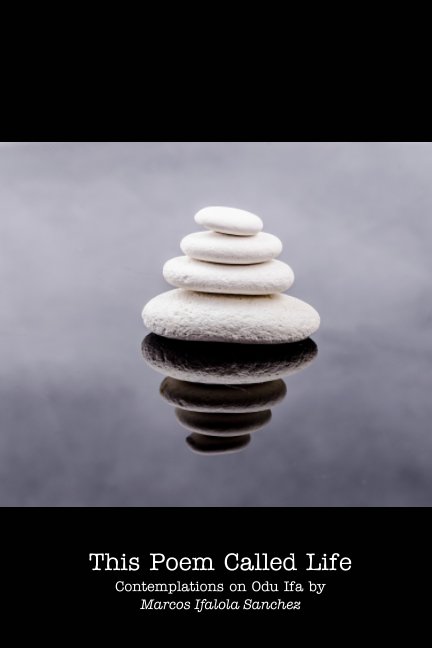Search Ifa articles
Friday, June 22, 2012
Contemplations on the Odu Ofun Otura
People who claim to have no regrets in life are a bit like horses who's blinders give them only a narrow view of the world. While I'm sure there are saints and prophets, who possibly lived lives with no regret, to say one has never had regret is narcissistic folly. To lack regret is to say one has lived a life without fault, without sorrow, without remorse. We are imperfect, we will make mistakes, and while regret can be a dangerous place to live in, without it, we are unable to acknowledge our humanity. The key is to make our visits to the world of regret as few and far between as possible. -- Marcos Ifalola Sanchez
Tuesday, June 12, 2012
Contemplation on the Odu Irete Ogunda (Irete kutan)
When caught between a rock and a hard place, the trick is to look objectively at the matter and not lose yourself in an emotional response. In doing so, you might realize that today's rock is tomorrow's weapon, or that a hard place can still be a resting spot, albeit not the most comfortable.
Friday, June 8, 2012
Contemplation on the Odu Oturupon Otura
Even as my body stills, I can not quell the undulating seas upon which my mind finds itself. Thoughts fill my head like rain drops, drumming the rhythm of a life well lived, but not yet completed, nor fully understood. It's only after the day is done when I close my eyes that the night brings a momentary void from which I am reborn. To face another day, another song, another segment of the unchartered waters that are my life. -- Marcos Ifalola Sanchez
Thursday, June 7, 2012
Contemplation on the Odu Oyeku Meji
Neither atheism, nor theism as absolutes are possible, since the acknowledgment of these stances requires one to acknowledge their opposite. An atheist, believing in science, will one day run up against the concept of infinity. In order to acknowledge the existence of such an important concept, they would have to acknowledge that anything is, in fact, possible, which means God, is possible. A theist, in acknowledging the existence of a supreme being that created everything, would have to acknowledge that that being has powers beyond our comprehension, which would include the ability to no longer exist, leaving a vacuum, or a world without a god. Another acknowledgement, in a way, of infinity (or that which we can not comprehend). It is in this way that we come to realize that both stances are in fact impossible to legitimately hold, as they require acknowledgement of possibility. Once realizing this and acknowledging it as reality, both extremes will inevitably (if rational) move to being more compassionate of the other's viewpoint, since both, are equally possible, and merely our own feeble attempts to place order in a world beyond our comprehension. --Marcos Ifalola Sanchez
Friday, June 1, 2012
Contemplation on the Odu Irosun Ogunda
Enlightenment brings the understanding of when not to think, when not to speak, when not to act, and in that absence, allow the world to reveal itself. A void is not really empty, it's simply unfulfilled potential. This brings us to the conclusion that the empty mind is the mind that observes, and in observing fulfills its potential, after which it can draw clearer conclusions not muddied by unnecessarily sloshing around in the puddle of our thoughts. -- Marcos Ifalola Sanchez
Subscribe to:
Posts (Atom)




